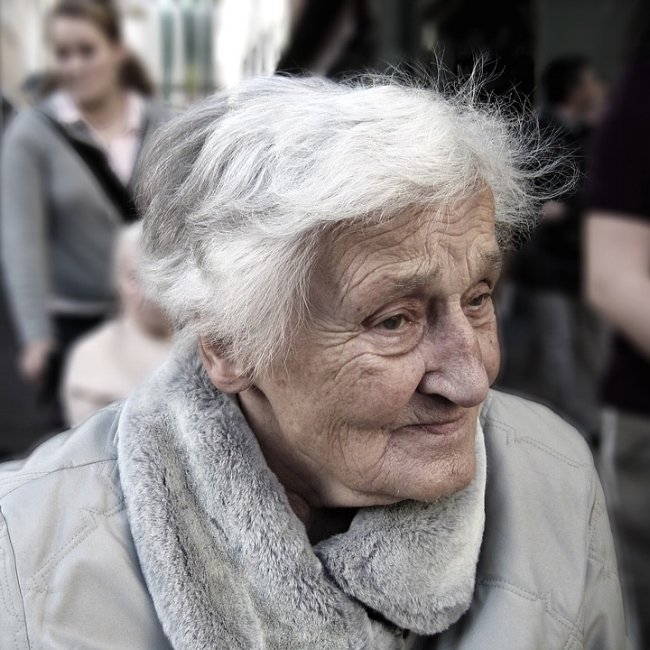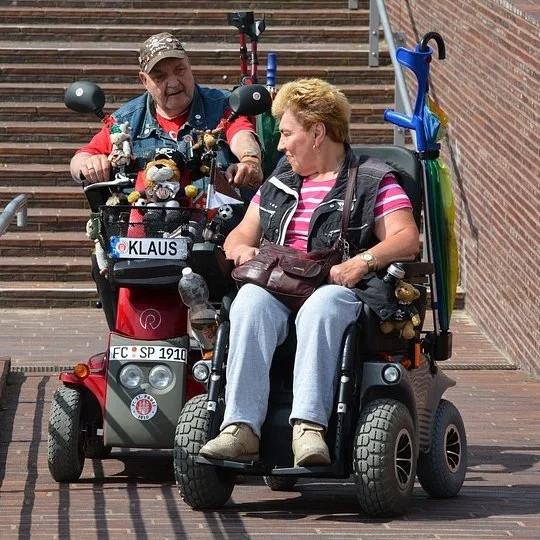Electrical Safety For Senior Citizens
Senior citizens are one of our society’s most vulnerable populations. When we take care of an older adult, either because they are living in our home or we visit, we may need to do things to create a safer, more comfortable environment for them. With a little help, they can remain independent in spite of electrical dangers. Here are some ways to minimize electrical dangers for older people:
Turn the water heater to the lowest setting
The reasons for this are twofold; first, older people have sensitive skin which can sustain a burn quite quickly in scalding-temperature water. Second, older people don’t move as fast as they used to, so it’s harder for them to get out of the way if the water temperature becomes suddenly hot.
Adding lights
Adding lights in hallways and other areas where the elderly walk to prevent tripping and make it easier for them to see to navigate. Want something even better? Add motion-detecting lights, so they don’t have to fumble around for a switch, or add LED Lighting down by the floor or by stair treads to increase visibility.
Tuck cords out of the way
Electrical cords, such as extension cords, are easy to trip over even for an able-bodied person. Tape down electrical cords when they're in the way.
Large number clocks
Being able to see the time helps give seniors a sense of control over their environment and schedule. It's an easy thing to do and means a lot to someone who has a hard time seeing.
Alarms
Smoke alarms should be installed and tested on a monthly basis. For the hearing impaired, there are smoke detectors with strobe lights as well as shaking mechanisms.
Seniors might also need a strobe/shaker alarm clock such as this one.
Electrical cords and outlets
Electrical outlets should be within easy reach for senior citizens. While extension cords are fine for occasional use, if a senior needs access to an electrical outlet on a regular basis, a surge protection power strip can provide that. Even better? Add an outlet to a location convenient for the senior to be able to use. Electrical outlets, as well as appliances and their cords, should be checked periodically for damage, cracks, and breaks, especially near the plug end of the cord.
GFCI’s
Many older people live in homes they’ve lived in for years. Check for GFCI’s in all kitchens, bathrooms, garages, and outdoor areas. Test them monthly.
Space heaters
Space heaters can bring added warmth to a senior, who may get colder due to circulation problems common with aging. Space heaters are a great way to add warmth, but should be at least three feet away and unplugged when not in use. A better option might be an oil-filled heater, which takes a long time to heat up but provides safe, long-lasting heat.
When in need of home electrical inspections, whole-house surge protector installation, attic fan installation, or smoke detector installation, electrical repair, or home electric car charger installation, trust the licensed and insured professionals at RSB Electrical. We are a 24-hour emergency electrician based out of Mesa, AZ. Call 480-485-4284 for more information.



